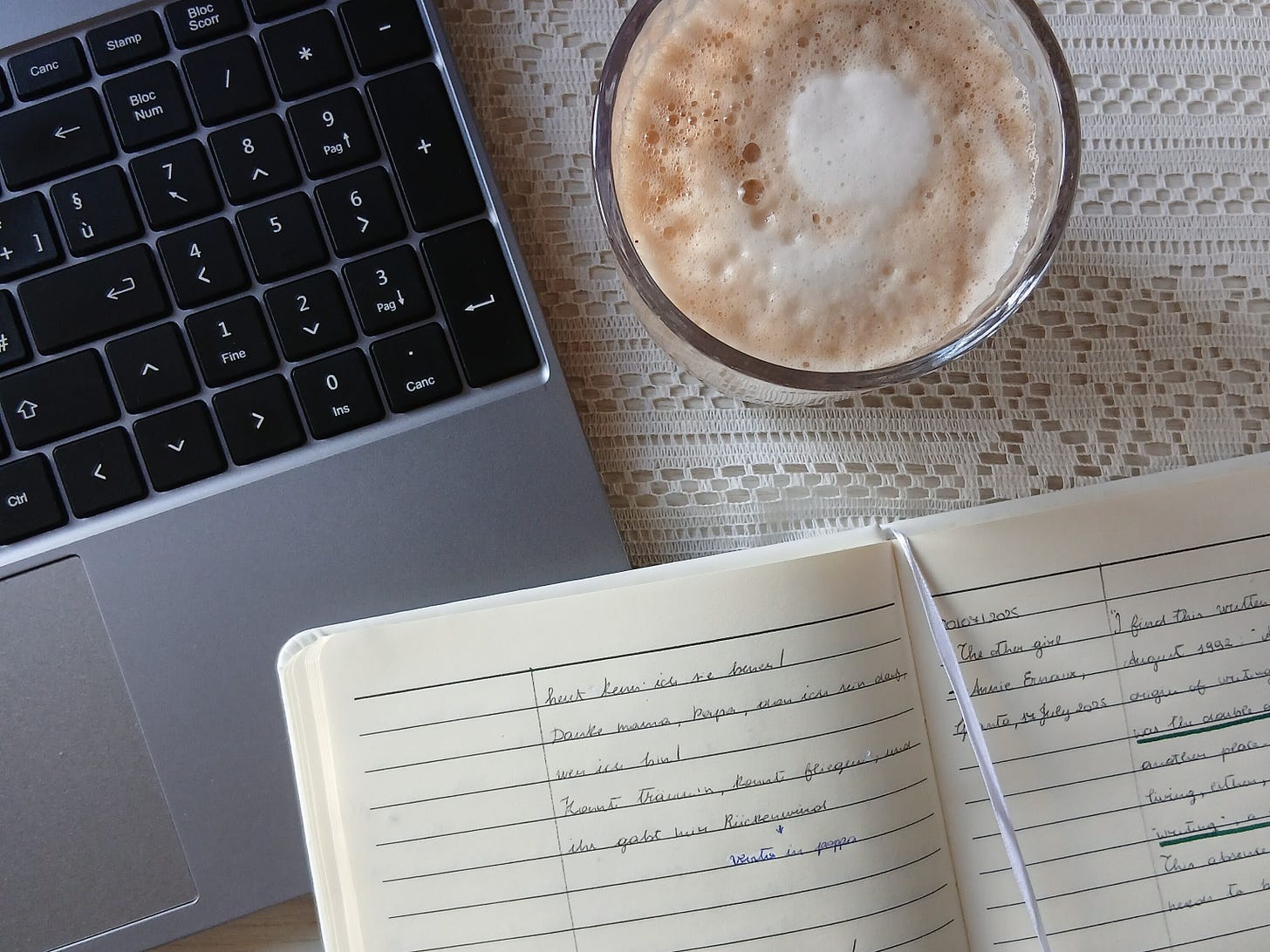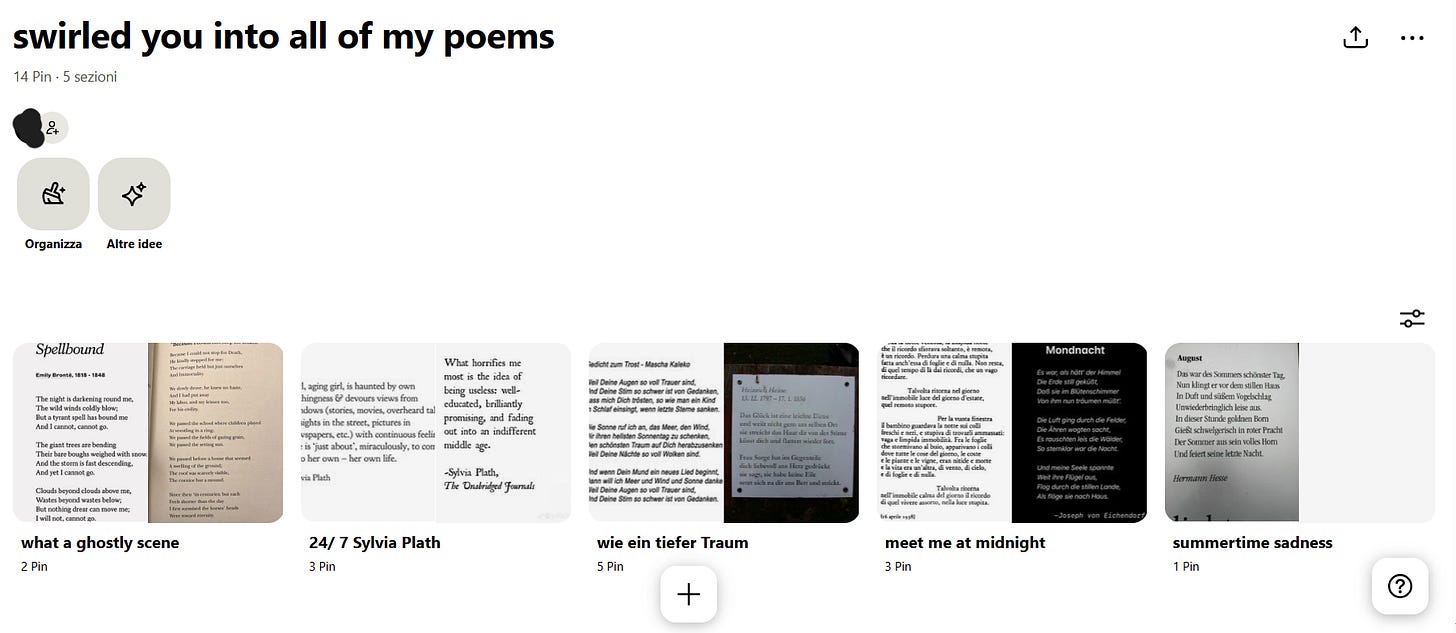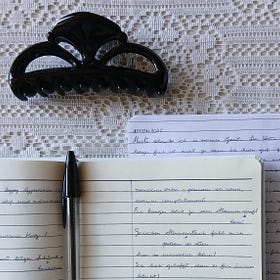In part 1 of this “mini-series” on self-study, I shared some of my favourites methods and resources to start learning the things you’re interested in. In this post, I want to dive deeper into some time managment techniques I’ve learnt and ways to develop study habits and routines that can fit into a busy schedule.
I believe the biggest obstacles when it comes to studying a language, learning a new skill or going through a reading list are time and energy. School and/ or work usually take up most of our days, then there are personal responsabilities, chores, social events and sleep. All of these things not only don’t leave a lot of time for learning, but take up mental energy as well. Still, I don’t believe sacrificing any of the above mentioned activities is essential, and what I’ve personally always tried to do was build small habits to keep learning even on those days when I seem to have no time at all.
Have a plan
As much as I hate planning, sometimes it really helps. Not because every single moment of my life should be productive or every activity scheduled on my calendar, but because I can make more space for spontaneity if I know what I’m supposed to be doing. The plan can be more or less detailed, depending on my daily needs. Now that I’m on summer break, I usually just plan my day the night before, leaving plenty of leisure time, but as soon as I’m going back to school, I’ll have to plan an entire week or month in advance, using different planning systems to fit everything into my schedule. One thing I always do when planning is consider not just how much time I have, but also how much energy. In the morning I’m probably more likely to plan a more intense study session (reading a more difficult book, reviewing vocabulary and grammar in my target language), and keep my evenings for lighter activities and creative hobbies.
Nulla dies sine linea
Another important thing when it comes to learning or building a skill is consistency. Studying a language for an entire day twice a month won’t make you fluent, but watching the news every morning or keeping a journal will. The way I see it is it’s better to do a little everyday (reading a bit during a work/ study break, analysing a short poem before bed, watching a ten minute video in your target language while eating breakfast etc.) than to try and find a huge chunk of time you can spend on self-study, because usually other obligations don’t make it possible. In the next section of this post, I list some small habits that I’ve incorporated into my daily routine to help me expand my knowledge.
Small habits ideas
This section of the post is dedicated to small habits I’ve developed lately that keep me curious and make me learn something new everyday.
Watch/ read the news: some weeks ago, I’ve started watching the news in my target language in the morning, as a way to get more familiar with the pronunciation and learn some new vocabulary. It also informs me of the state of the world right now, so I can be more aware as a person of what’s going on around me.
Always bring a book with me: I’ve finished many books on my one hour commute to school in the past few years, simply because I had brought them with me and developed the habit of reading on the train.
Read essays, short stories and poems: as someone who loves writing, I always try to read as much as possible and a bit of everything. While I was researching for this post, I also came around the “Bradbury trio challenge”, an advice given by the author Ray Bradbury to encourage writers to be consistent with their reading practice. It consists in reading one essay, one short story and one poem every night for a thousand nights. I find that, for most people, this can be extremely difficult, if not completely impossible, but i still wanted to mention it, because it emphasizes how important it is to read widely. Personally, I try to read at least one of these per day, usually on Substack, but also on other online platforms and books. My goal, at the end of the day, is to always try to replace a doomscrolling session with something that will make me feel better. If you don’t know where to start, I often share what I read throughout the week at the end of my posts, so you can take some inspiration.
Use Pinterest: I love Pinterest as a source of inspiration, but it can also be used for learning. I have several boards where I collect poems, vocabulary lists in my target language, books I want to read and so on. In particular, I like Pinterest for collecting poems, because I’ve only recently starting reading them, so I’m using my poetry board as a “poetry Spotify” where I keep “playlists” of the poems I like and want to analyse. So, instead of doomscrolling on YouTube shorts and compare myself to other people, I can read beutiful words and fall in love with my life (or have an existential crisis, which is still better than beating myself up for not meeting every single societal expectation).
Ask questions: when reading, talking to people, watching movies or the news, I always try to ask myself questions, so I can verify wether or not I’m understanding whatever I’m consuming. If I don’t understand something I look it up or ask someone who knows more than me about it.
*Actually* listen: people often are some of the best resources for learning. Older people have accumulated knowlege from years of experience, younger people are often able to give innovative insights. People from different backgrounds, with different stories almost always have something to teach, so I’m always trying to pay attention during a conversation.
Research random topics: ever since I discovered Google lens, one of my favourite thing to do is research random plants I find while I walk. Some of them fascinate me so much I even write notes in my commonplace book, others don’t but I still learn to recognise them. I research things for fun very often, wether it’s the ethymology of a word, a recipe, the history of a place or an object.
Watch documentaries: I briefly already mentioned this in my last post, but one of my favourite way to learn is to watch documentaries, especially when I’m tired and can’t get myself to read anything. I often even watch them in one of the languages I’m studying, so while I’m learning about the topic of the documentary, I can also improve my comprehension skills.
Ultimately, I believe all learning is learning for life. There’s not one topic you’ll ever know everything about, not one skill you’ll ever master completely.
I hope you enjoyed reading this post as much as I enjoyed writing it,
𝒢. 𝒢.
My last post
A guide to life-long learning pt. 1
Curiosity is, in my opinion, one of the most beautiful traits a person can have. A curious person is never boring, never stops asking questions and usually has a childish fascination for everything around them. I love to describe myself as a curious person: I’ve always loved learning new things, especially in the field of humanities. When I was a kid, I…
What I’ve read this week
Books: Meditations, Marcus Aurelius (finished), Sense and Sensibility, Jane Austen
Articles: not having a “dream job” is good, actually; Polyxena, sacrifice and kalos thanatos; what if I don’t live the life I want to live?; The Other Girl.
For more content: @moonlitmail







I’ve tried Bradbury trio challenge too but I’ve been doing that for about a year (due to different reasons I had to stop). nevertheless it was really helpful for improving my writing skills and broadening my horizons in general!
thanks for this guide!
you are so inspirational <3 i love your methods and i feel so motivated to self study now!